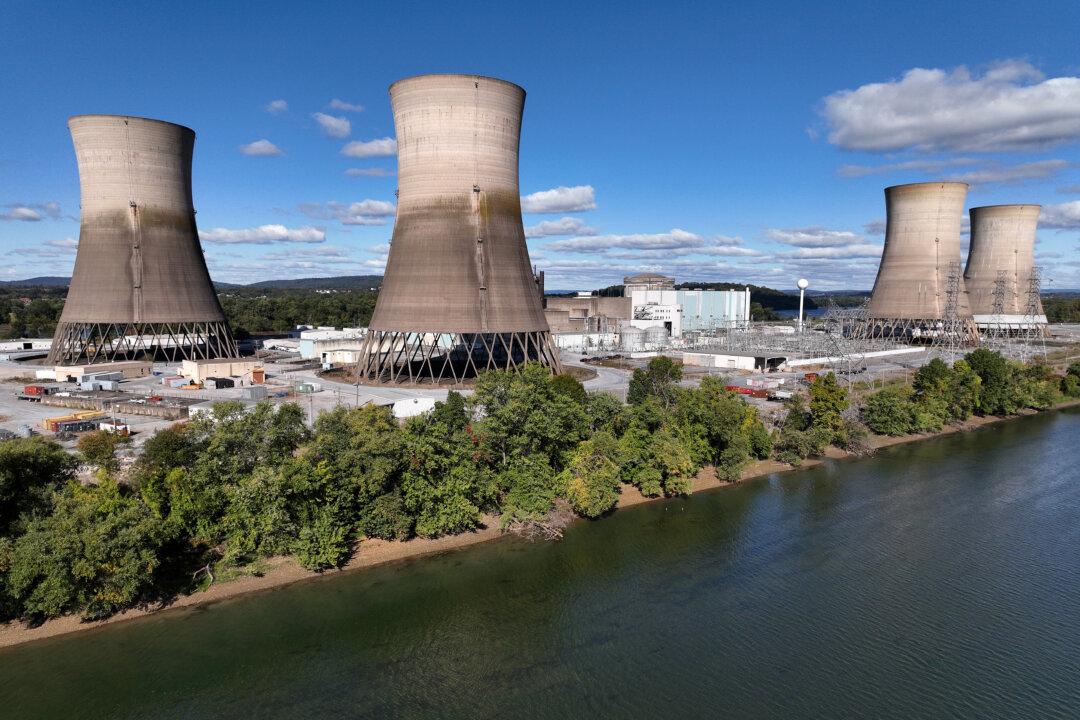A group of energy investors has said they are not considering investing in nuclear energy in Australia as it is not commercially viable.
At a recent inquiry hearing on nuclear power generation, Marilyne Crestias, the head of policy and advocacy at the Melbourne-based Clean Energy Investor Group (CEIG), shared her view about what energy investors in the country would focus on in the coming period.





